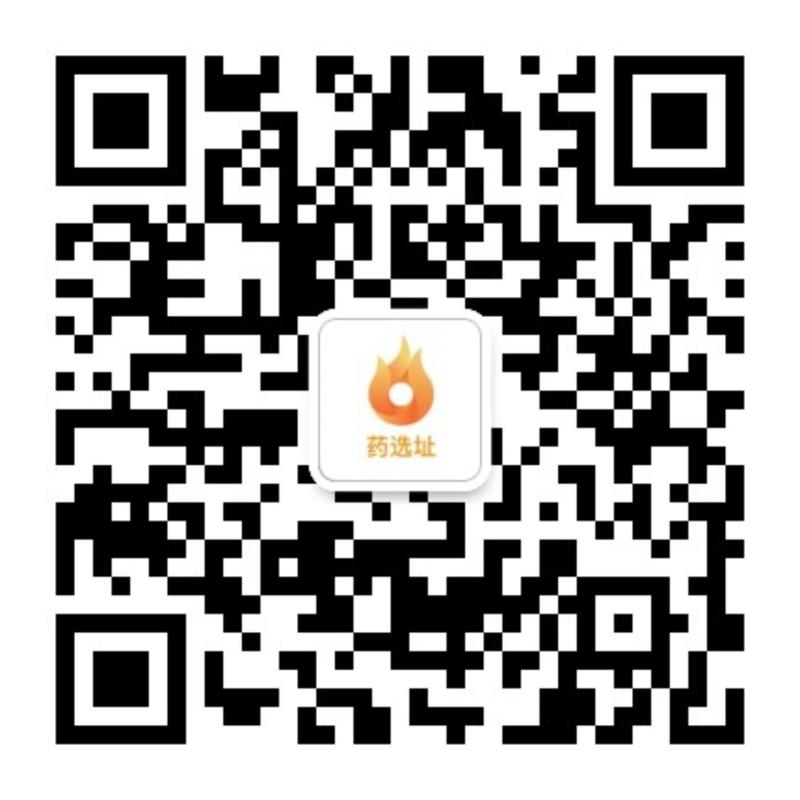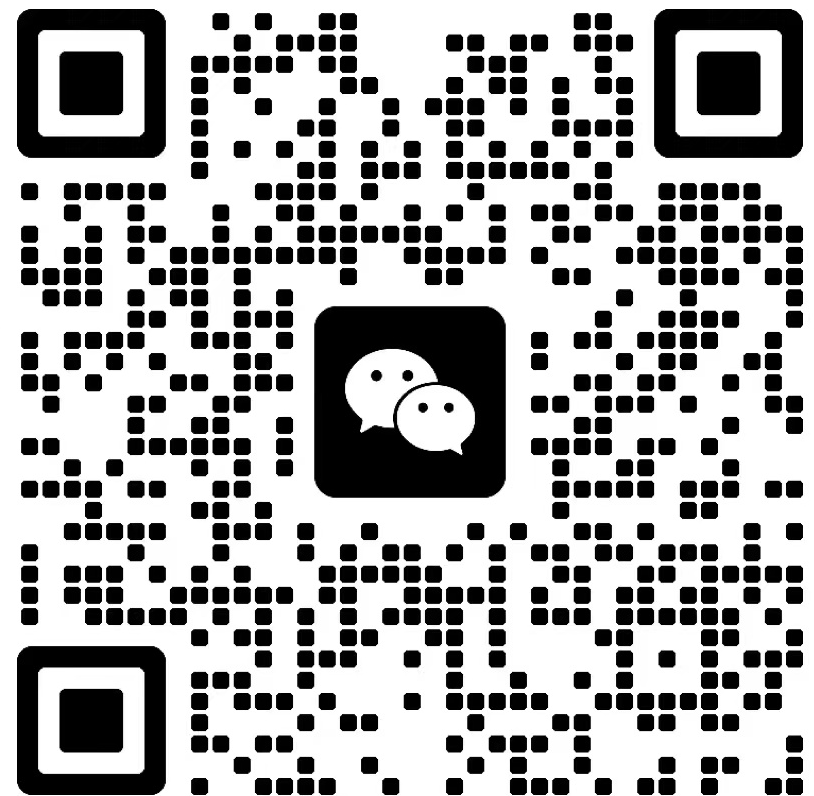华尔街日报:FDA对中国研发的药物表示担忧
收藏
关键词:
研发
资讯来源:药渡 + 订阅账号
发布时间:
2022-02-12

美东时间2月10日早上10点/北京时间2月10日晚上11点,FDA召开信达/礼来PD-1单抗ODAC会议。
药渡全程实时转播!并制作、上传视频至药渡视频号,后续片段持续更新中,锁定药渡视频号,直击ODAC会议现场!
美国监管机构准备对数十种中国研发的抗癌药物和其他新药的批准踩刹车。监管机构对主要在中国进行的研究的质量以及研究结果是否适用于美国患者表示担忧。
这一转变可能会阻止包括礼来制药和诺华制药在内的西方制药商的计划,他们原本希望通过将中国药物带到美国实现数十亿美元的销售额。这也可能引发两国之间的新的紧张局势。礼来今年的目标是推出一种在中国开发的肺癌免疫疗法,并以低于市场上已有的生物类似药物的价格销售。
美国食品和药物管理局的保留意见可能会颠覆这些计划。星期四,当机构顾问考虑礼来和其中国合作伙伴创新生物制品公司的药物证据时,其担忧可能会变得更加清晰。
咨询委员会将投票决定是否建议FDA批准该药物,并讨论中国的临床试验结果是否适用于美国患者。
FDA官员表示,他们对中国研发药物的研究质量表示担心。官员们还担心这些药物尚未在美国患者身上进行测试。
“我们不反对在中国开发药物”,FDA癌症药物部主任Pazdur说。“我们的问题是,这些结果是否适用于美国人群?”
制药行业高管和分析人士表示,这一语气的明显转变可能会导致FDA推迟或断然拒绝向美国患者提供越来越多的治疗方案。
一些分析人士说,中国的生物技术公司及其西方合作伙伴可能必须对他们提出的新药在美国患者身上进行额外的测试。
礼来集团肿瘤部门总裁Jacob Van Naarden说:“这些数据集在美国的可接受性似乎有所改变。”信达生物没有回应置评请求。该公司在提交给FDA的文件中表示,其在中国进行的研究支持批准。
长期以来,中国一直是药物研发重要提供者,近年来,中国已将发展本土生物技术列为优先发展产业。
2019年,美国FDA批准了百济公司
(BeiGene Ltd.)
的一种淋巴瘤治疗药物Brukinsa,该药物已在中国进行了初步测试,支持批准的临床研究方案的大多数受试者在中国,但也有一些受试者来自美国。同一年,Pazdur博士在一次医学会议上说,FDA将只接受中国的药物研究中“有质量内涵”的数据。
临床试验,尤其是监管机构审查以决定是否批准新药的大型后期研究,是最大的研发费用之一。行业高管和分析人士认为,Pazdur的言论为在中国实验的药物在美国获得批准提供了一种捷径,而无需在美国进行大规模试验。
伯恩斯坦的分析师Ronny Gal在接受采访时说:“现在,这条道路似乎正在关闭。”他说,Pazdur博士最近的评论相当于“FDA的语气发生了明显的变化,从鼓励到阻止”。
Pazdur说,他2019年的言论被误解为鼓励企业采取某些措施。Pazdur博士说,当药物仅在或主要在中国等一个国家进行测试时,很难评估该药物在美国人群中是否具有相同的益处和安全性。
FDA癌症药物部主任Pazdur说,他担心中国的药物研究使用了过时的研究设计。他说,各国在医疗保健和人群方面的差异可能会影响药物的性能。
Pazdur博士说,对于在美国比在亚洲更不常见的疾病,如鼻咽癌,FDA有更大的灵活性,可以接受中国的临床数据。他担心中国的研究使用了过时的研究设计,这无法直接确定中国研发的药物是否与美国近年来批准的类似药物一样有效。
他还对中国药物研究产生的数据的完整性表示担忧。据《英国医学杂志》报道,中国监管机构2016年的一项分析发现,当时审查的国内药物申请中,约80%包含捏造的、有缺陷的或不充分的研究数据。
在某些情况下,原始研究数据与提交给监管机构的数据之间存在差异。
“就像房间里的大象这么显而易见,来自这些国家的数据质量如何?”Pazdur博士说,大约有25种潜在的新癌症治疗方法仅在中国或主要在中国进行了测试,这些公司已经告诉FDA,他们希望在美国销售。
包括Pazdur博士在内的FDA官员在《新英格兰医学杂志》去年12月发表的一篇题为《检查点抑制剂开发的野生西部》的文章中提出了一些担忧。
检查点抑制剂是一种癌症免疫疗法,如礼来和伙伴信达生物希望带到美国的一种,名为Tyvyt。
礼
来高管曾表示,他们将在美国以远低于默克公司的Keytruda和百时美施贵宝公司的Opdivo等较老的类似药物的价格销售Tyvyt。
礼来公司周三表示,在监管部门批准之前,将以与同类品牌40%的折扣出售该药。
Keytruda和Opdivo每年每名患者的费用超过15万美元。信达生物在中国近50家医院进行了一项Tyvyt试验,该试验纳入了近400名晚期非小细胞肺癌患者。
研究人员发现,同时给予Tyvyt和化疗的患者,疾病进展或死亡的中位时间延长至8.9个月左右,而仅给予化疗的患者为5个月。范纳亚登说,他认为Tyvyt的研究进行得很好,结果适用于美国人群。
FDA工作人员在周二发布在网上的一份文件中说,临床试验的数据“不适用于美国人群和美国医疗实践”。
有关是否拒绝批准礼来-信达药物的最终决定预计将在3月底做出。
FDA Raises concern about china-developed drugs
——Feb.,9. 2022 The Wallstreet Journal
U. S. regulators are poised to tap the brakes on approving dozens of cancer drugs and other new medicines developed in China.
The regulators have expressed concerns about the quality of studies largely conducted in China and whether the results can apply to patients in the U.S.
The shift threatens to halt the plans of Western drugmakers, including Eli Lilly LLY 1.40% & Co. and Novartis AG NVS 0.06% , who were eyeing billions of dollars in sales from bringing the Chinese medicines to the U.S. It could also raise a new source of tension between the two countries. Lilly this year was aiming to roll out a lung-cancer immunotherapy developed in China and sell it at a lower price than similar drugs already on the market.
The Food and Drug Administration’s reservations threaten to upend the plans. The impact of its concerns could become clearer Thursday, when agency advisers consider the evidence for the drug from Lilly and its Chinese partner Innovent Biologics Inc.
The advisory committee is expected to vote on whether to recommend FDA approval of the drug and to discuss whether the Chinese clinical-trial results for it are applicable to American patients.
FDA officials say they are concerned about the quality of the studies evaluating China-developed drugs.
The officials are also concerned the drugs haven’t been tested in U.S. patients.“We have nothing against drugs being developed in China,” said Richard Pazdur, director of the FDA’s cancer-drugs division. “Our issue is, are those results generalizable to the U.S. population?”
Two Chinese drug-industry trade groups didn’t respond to requests for comment.Drug-industry executives and analysts say the apparent shift in tone could lead to delays or outright FDA rejections of efforts to bring a growing pipeline of the treatments to American patients.
Chinese biotech companies and their Western partners may have to conduct additional tests of their proposed new drugs in U.S. patients, some analysts say.
“There does seem to be a change in tone as to the approvability of these data sets in the U.S.,” said Jacob Van Naarden, president of Lilly’s oncology unit. Innovent didn’t respond to requests for comment. The company said in a document submitted to the FDA that its study conducted in China supports approval.
China, long a source of drug ingredients, has placed a priority on developing a homegrown biotechnology industry in recent years.
In 2019, the FDA approved the drug, Brukinsa, a lymphoma treatment from BeiGene Ltd. , that had been primarily tested in China. Most subjects in the clinical studies that led to the approval were in China, but some were in the U.S. That same year, Dr. Pazdur said at a medical conference the FDA would accept Chinese-only drug-study results if they were “quality” data.
Clinical trials, especially the large, late-stage studies that regulators review to decide whether to approve a new drug, are among the biggest research and development expenses.
Industry executives and analysts viewed Dr. Pazdur’s comments as offering a kind of shortcut for China-tested drugs to get cleared in the U.S. without having to do extensive U.S. trials.
“Now that path appears to be closing,” Bernstein analyst Ronny Gal said in an interview. He said Dr. Pazdur’s more recent comments amounted to “a clear change in tone at the FDA, from encouraging this to discouraging this.”
Dr. Pazdur said his 2019 comments have been misinterpreted as encouraging companies to take certain steps.
When drugs are tested only or primarily in one country such as China, Dr. Pazdur said, it is difficult to assess whether the drug would have the same benefits and safety profile in the U.S. population.
Richard Pazdur, director of the FDA’s cancer-drugs division, says he has concerns that the Chinese drug studies used outdated study designs.
There may be differences between countries in medical care and population that affect how a drug performs, he said.
The FDA has more flexibility to accept China-only clinical data for diseases that are less common in the U.S. than in Asia, such as nasopharyngeal carcinoma, Dr. Pazdur said.
Dr. Pazdur said he was concerned the Chinese studies used outdated study designs, which don’t directly establish whether the China-developed drug works as well as similar drugs approved in the U.S. in recent years.
He also expressed concern about the integrity of data generated by drug studies in China.An analysis by Chinese regulators in 2016 found that about 80% of domestic drug applications reviewed at that time contained fabricated, flawed or insufficient data from studies, the British Medical Journal has reported.
In some cases, there were discrepancies between original study data and what was submitted to regulators.
“The elephant in the room is obviously, what is the quality of the data that is coming from these foreign countries?” Dr. Pazdur said.
There are about 25 potential new cancer treatments that were tested only or predominantly in China and which companies have told the FDA they would like to sell in the U.S., Dr. Pazdur said.
FDA officials including Dr. Pazdur raised some of the concerns in an article published by the New England Journal of Medicine in December, titled “The Wild West of Checkpoint Inhibitor Development.”
Checkpoint inhibitors are cancer immunotherapies like the one that Lilly and partner Innovent want to bring to the U.S., named Tyvyt.
Lilly executives have said they would sell Tyvyt in the U.S. at a substantially lower price than older, similar drugs such as Merck & Co.’s Keytruda and Bristol-Myers Squibb Co. ’s Opdivo. Lilly said Wednesday it would sell the drug at a 40% discount to comparable brands, pending regulatory approval.
Keytruda and Opdivo can cost more than $150,000 per patient annually.Innovent conducted a trial of Tyvyt in nearly 50 hospitals in China that enrolled nearly 400 patients with advanced non-small-cell lung cancer.
Researchers found that giving patients both Tyvyt and chemotherapy prolonged the median time to disease progression or death to about 8.9 months, versus five months for those on chemotherapy alone.
Mr. Van Naarden said he thought the Tyvyt study was well-conducted and the results are applicable to the U.S. population.
FDA staff said, in a document posted online Tuesday, the data from the clinical trial “are not applicable to the U.S. population and U.S. medical practice.”
A final agency decision on whether to clear the Lilly-Innovent drug is expected by the end of March.
“药渡”所转载该篇文章来源于公众号:同写意,主要目的在于分享行业相关知识,传递当前最新资讯。图片、文章版权均属于原作者所有,如有侵权,请及时告知,我们会在24小时内删除相关信息。




 个人中心
个人中心
 我是园区
我是园区




